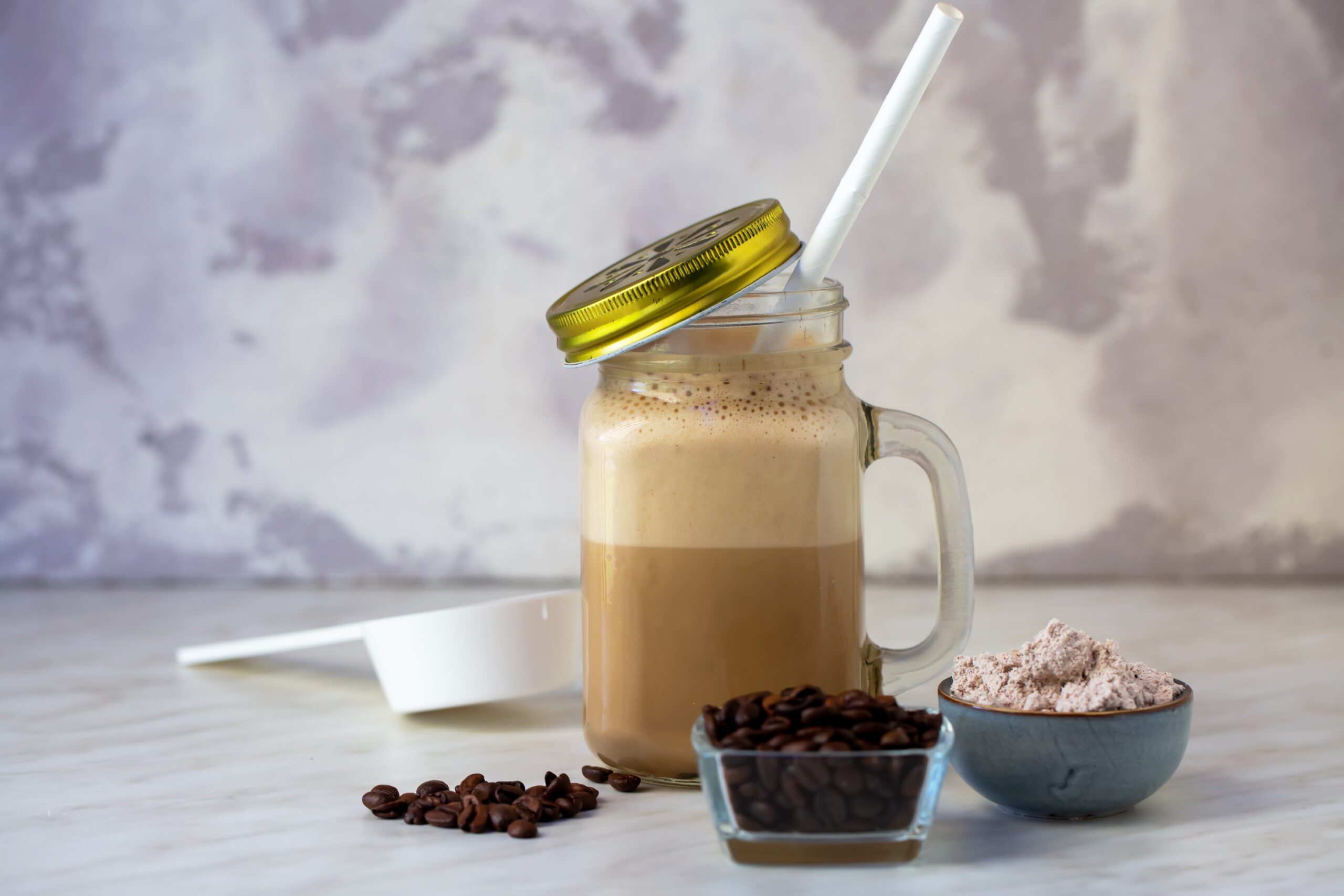Pouring protein powder into your morning coffee may seem like a shortcut to weight loss and energy, but experts warn this viral ‘proffee’ hack is fueling unexpected weight gain and potential health risks.
Story Snapshot
- Adding protein powder to coffee, known as ‘proffee’, is a social media phenomenon promoted for muscle gains and weight loss.
- Fitness experts warn that excessive protein intake from these drinks often exceeds recommended daily amounts.
- Ultra-processed additives commonly found in these recipes can derail health goals and may increase disease risk.
- Research links high consumption of synthetic supplements and emulsifiers to increased inflammation and bowel cancer risk.
Why the ‘Proffee’ Craze Is Spreading
Social media platforms are brimming with influencers touting the benefits of mixing protein powder into espresso, creating what many call ‘proffee’. The premise is simple: a scoop of protein powder, a shot of espresso, and ice—marketed as a shortcut for energy, muscle growth, and weight loss. This trend has gained a devoted following among gym enthusiasts and middle-aged adults hoping to protect bone health and ward off chronic diseases like osteoporosis. However, the simplicity of the recipe belies the complex health implications lurking beneath the surface.
Fitness expert Adam Clark cautions that most people blindly follow influencer recipes without considering their own nutritional needs. Recipes circulating on platforms like TikTok routinely pack up to 33 grams of protein into one drink—over 70 percent of the daily recommended amount for an average adult. UK guidelines suggest adults should consume about 0.75 grams of protein per kilogram of body weight, translating to roughly 45 grams for women and 55 grams for men. Overconsumption is not just unnecessary; it can actively sabotage weight loss efforts and undermine overall health.
Hidden Pitfalls: Sugar, Additives, and Unintended Consequences
Commercially popular ‘proffee’ drinks rarely contain only coffee and protein. Sweeteners, syrups, and high-fat milk alternatives are often added for taste, transforming what was intended as a health drink into a calorie-laden treat. These additives drive up the sugar content and introduce ultra-processed ingredients that experts warn can fuel inflammation and increase the risk of disease. The trend has even led some fitness enthusiasts to add supplements like creatine, which may be packed with emulsifiers and binding agents known to promote inflammation.
Adam Clark asserts that these modifications erase any gains the drink might offer. Protein, he stresses, is best sourced from whole foods such as meat, dairy, eggs, legumes, and vegetables. Relying on ‘proffee’ as a meal replacement or main protein source not only risks nutrient imbalances but also deprives the body of essential vitamins, minerals, and healthy fats found in real food. Clark urges those interested in the trend to account for their existing dietary protein and use such drinks only as part of a balanced diet—not as substitutes for actual meals.
Emulsifiers and Cancer Risk: The Dark Side of Synthetic Supplements
Recent research has drawn a troubling connection between synthetic additives in protein powders and increased cancer risk. Emulsifiers, commonly used in supplements to enhance texture and shelf life, have been identified as contributors to bowel inflammation and cancer. Dr. James Kinross, a colorectal surgeon at Imperial College London, notes that these substances, when broken down in the gut, release toxins that may damage DNA and promote cancerous changes in cells.
Over the past three decades, diagnoses of bowel cancer among young adults have surged by 80 percent globally. Scientists attribute this phenomenon to a mix of factors, including pollution, rising obesity, and even microplastics in drinking water. However, an ‘unhealthy’ obsession with protein supplements now joins the list of probable contributors. Diets high in ultra-processed foods, including protein powders, disrupt beneficial gut bacteria, driving chronic inflammation that can lead to a host of complications—bowel cancer chief among them.
Experts recommend that consumers scrutinize their supplement intake, favor whole foods, and avoid using trendy concoctions like ‘proffee’ as meal replacements. For those over 40, the message is clear: quick hacks rarely deliver lasting results, and shortcuts often come with hidden costs. Before hopping on the next viral health trend, consider the science, read the labels, and remember that real health is built on balanced nutrition, not internet fads.
Sources:
Expert reveals the viral coffee trend causing you to GAIN weight: ‘It’s not a healthy hack’
How cancer-causing microplastics invade your body based on your age








